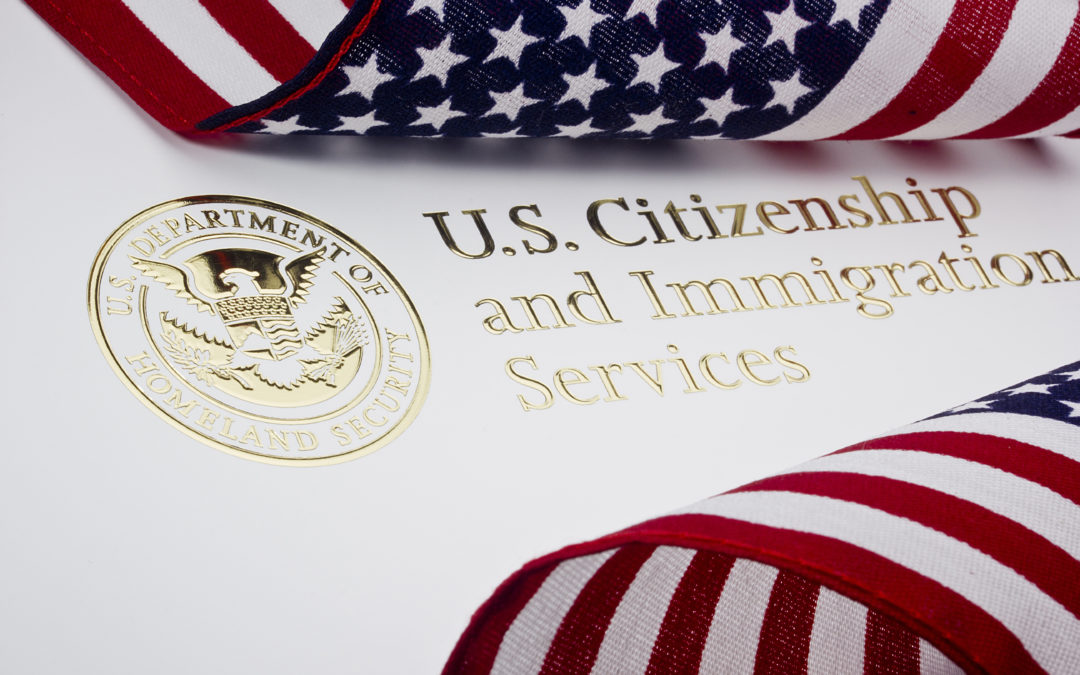On September 5, 2017, the Trump administration had rescinded initial DACA applications. This caused immediate litigation over the subsequent three years, culminating in June 2020 when the United States Supreme Court decided that the Trump administration had been arbitrary and capricious in the manner that they tried to rescind DACA. This resulted in a temporary memorandum issued by the U.S. Department of Homeland Security Acting Secretary Chad Wolf, stating that new applications for DACA would still not be accepted and renewals would be limited to one year instead of two amid an ongoing review of DACA. Further litigation ensued and by December 4, 2020, a federal court judge decided that the memorandum had been issued unlawfully because the Acting Secretary Chad Wolf had not been lawfully appointed in his position, and therefore his memorandum was invalid.
As a result, the federal court judge recently ordered that U.S. Citizenship and Immigration Services (USCIS) must begin accepting initial DACA applications based on the terms of DACA policy in effect prior to September 5, 2017. The judge also instructed officials to reinstate two year permits and extending one -year grants to two years. Here is a copy of the court order.
You may be eligible for DACA if you:
- Were under the age of 31 as of June 15, 2012;
- Came to the United States before reaching your 16th birthday;
- Have continuously resided in the United States since June 15, 2007, up to the present time;
- Were physically present in the United States on June 15, 2012, and at the time of making your request for consideration of deferred action with USCIS;
- Had no lawful status on June 15, 2012;
- Are currently in school, have graduated or obtained a certificate of completion from high school, have obtained a general education development (GED) certificate, or are an honorably discharged veteran of the Coast Guard or Armed Forces of the United States; and
- Have not been convicted of a felony, significant misdemeanor or three or more other misdemeanors, and do not otherwise pose a threat to national security or public safety.
The restoration of DACA to its original guidelines also means that advance parole is also available for DACA recipients to travel. USCIS is again accepting these applications. An approval for advance parole will allow you to travel outside of the United States if the purposes are for humanitarian, education, or employment reasons.
If you believe that you are eligible for these benefits or have questions regarding filing for DACA or applying for advance parole, we are here to assist you with these immigration matters.
Schedule an Appointment

